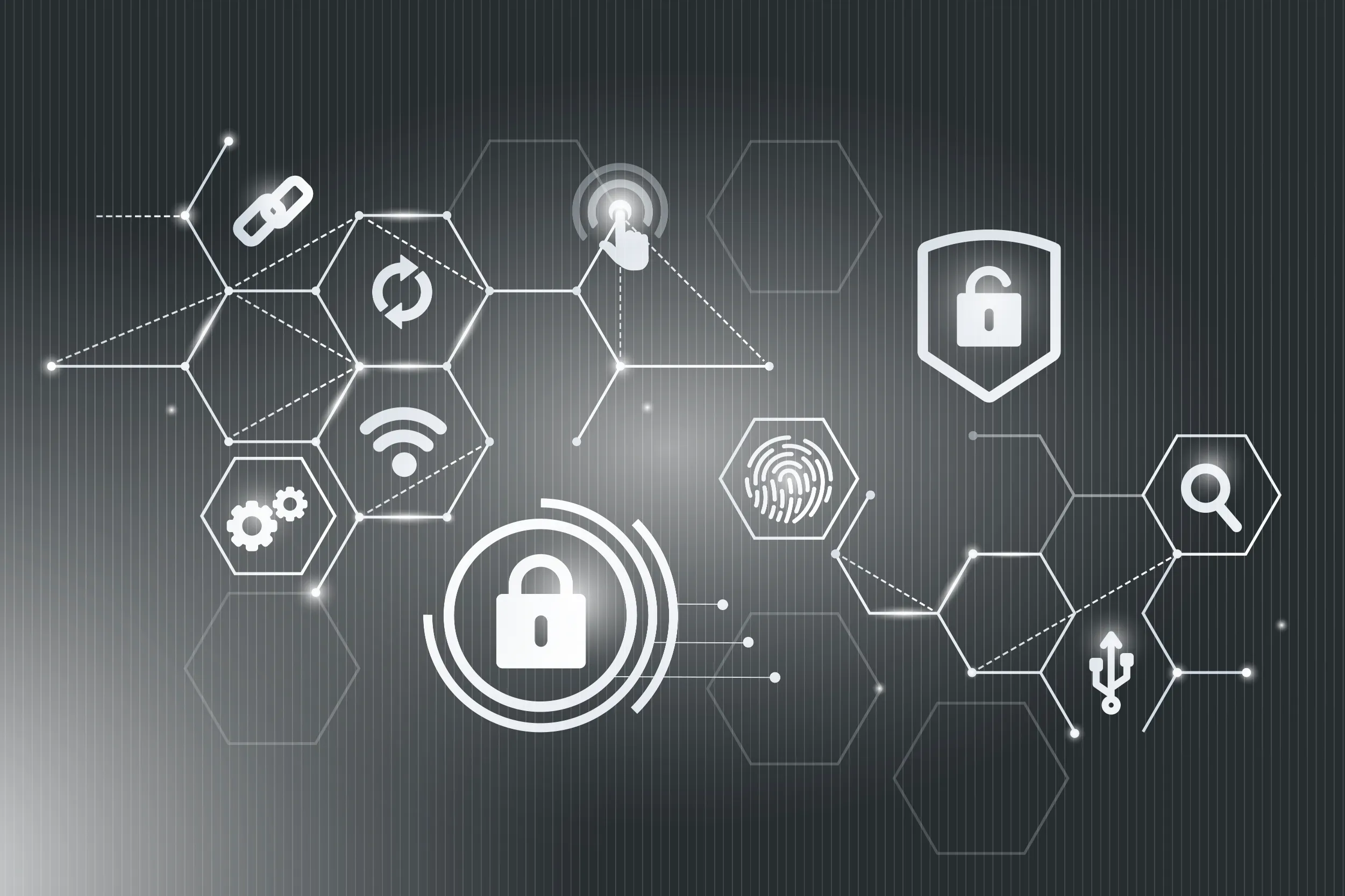Endpoint security is the practice of protecting individual devices, such as laptops, smartphones, and tablets, from cyber threats. It is an essential component of a comprehensive cybersecurity strategy, as more and more employees are working remotely and accessing corporate networks and data from personal devices.
Endpoint security involves installing security software on individual devices to monitor and protect against potential threats, such as malware, viruses, and phishing attacks. This software may include antivirus software, firewalls, and intrusion prevention systems.
In addition to protecting against external threats, endpoint security also helps to prevent unauthorised access to sensitive data and systems by implementing controls such as multi-factor authentication and device encryption.
Effective endpoint security requires a combination of people, processes, and technology. Organisations should have clear policies and procedures in place for managing and protecting endpoint devices, and employees should be educated on how to identify and report potential threats.
Overall, endpoint security is an important element of cybersecurity, as it helps to protect against external threats and prevent unauthorised access to sensitive data and systems. By implementing strong endpoint security measures, organisations can ensure that their employees and devices are protected against cyber threats.











